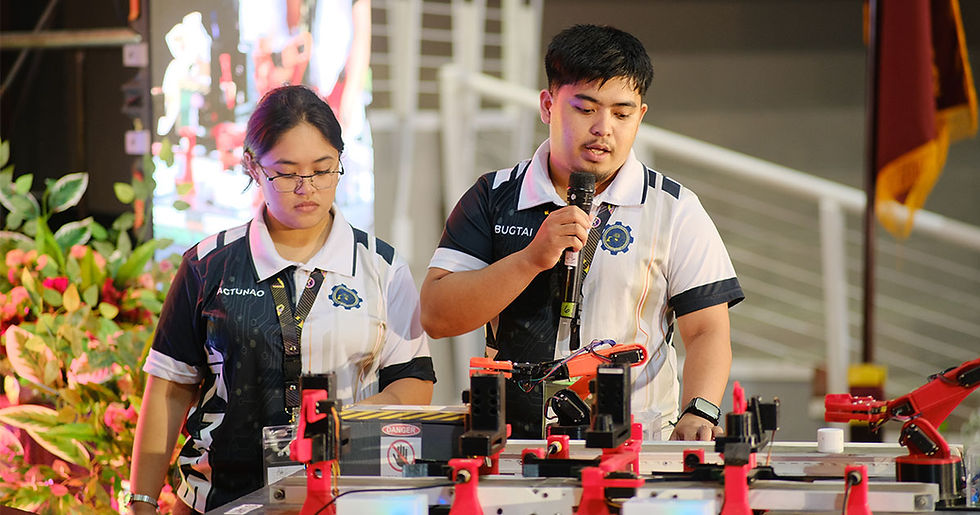Field Ready’s work on Disaster Risk Reduction (DRR), Disaster Prevention and Preparedness (DPP) and
- Field Ready

- May 18, 2017
- 2 min read
Getting ahead of the curve is a nice idea in theory but this is often neglected in practice. In humanitarian aid, activities like risk reduction, prevention and preparedness have usually been treated as after thoughts. After years of scarce funding, at most 6% of funding goes to such activities.
Nonetheless, a range of projects and practices can be undertaken as part of well thought-out aid. This includes activities that directly supports community resilience. According to UNISDR’s Prevention Web site, examples include:
Prevention: The avoidance of adverse impacts of hazards and related disasters (often less costly than disaster relief and response). For instance, relocating exposed people and assets away from a hazard area.
Mitigation: The lessening or limitation of the adverse impacts of hazards and related disasters. For instance, constructing flood defenses, planting trees to stabilize slopes and implementing strict land use and building construction codes.
Transfer: The process of formally or informally shifting the financial consequences of particular risks from one party to another whereby a household, community, enterprise or state authority will obtain resources from the other party after a disaster occurs, in exchange for ongoing or compensatory social or financial benefits provided to that other party. For instance, insurance.
Preparedness: The knowledge and capacities of organizations, communities and individuals to effectively anticipate, respond to, and recover from the impacts of likely, imminent or current hazard events or conditions. For instance, installing early warning systems, identifying evacuation routes and preparing emergency supplies.
Field Ready works in a range of solutions and approaches that address these needs by making, training and innovating in ways that have not been done before.
Coordination and preparation before disasters strike is also key. This includes building relationships, developing specific projects and sharing our innovative approach as widely as possible.
Working with Others: A Critical Step
Field Ready’s co-founder and Executive Director, Dr. Eric James attended the Interactive Innovation Workshop in Seoul, South Korea on May 11-12. The event was facilitated by the Korean Red Cross and the newly launched Asia Pacific Disaster Resilience Centre. The aims of this workshop were to present various innovation programs to the Red Cross national societies in the Asia Pacific region, create a culture for innovation on DRR and community resilience in this region and to foster diverse collaborative partnerships in seeking innovation.
Dr. James spoke on the issue of Innovation for Resilience. As one of the “Innovation Cases,” he gave a snapshot of Field Ready’s work. The deck presented is available here.
We expect to expand our work in this area in the future. This will include working closely with partnership who equally value DRR/DPP/DRM, training and developing further ways to be of value before disasters strike.


_edited.png)




Comments